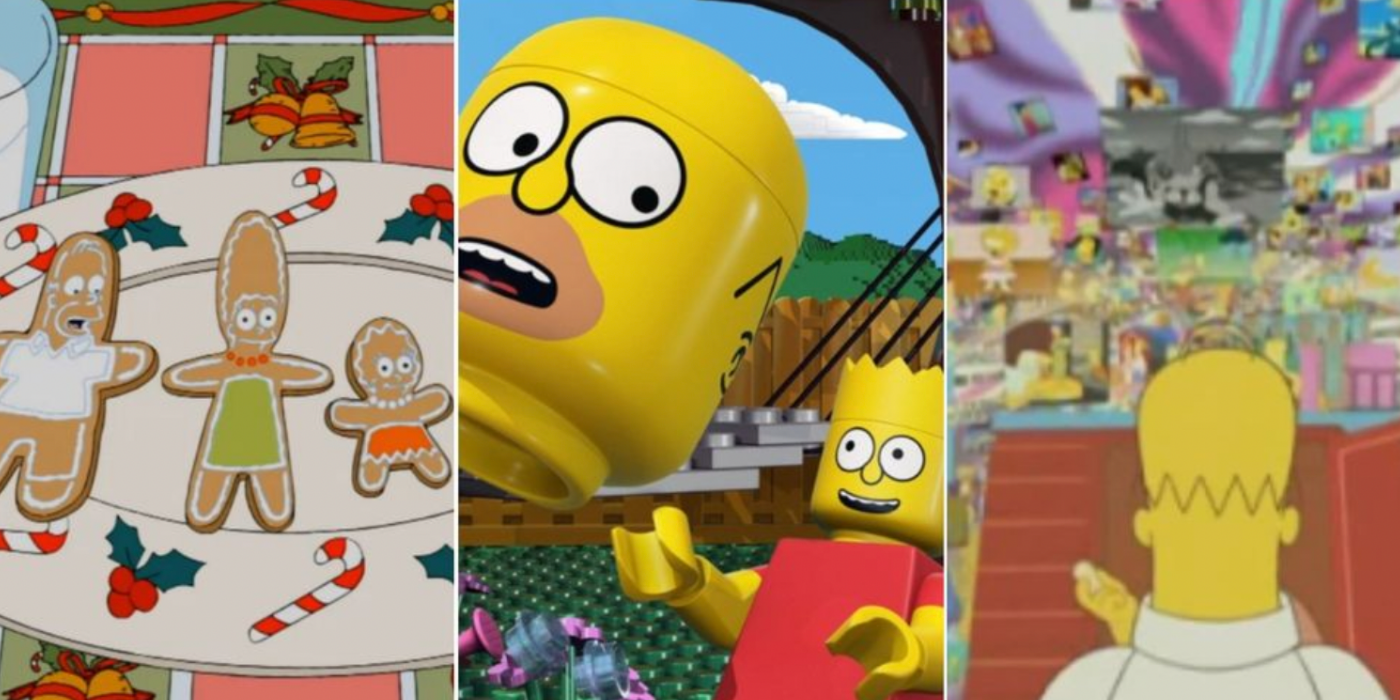
There are lots of animated series that become representative of their generation, but none have achieved the level of relevancy and staying power as The Simpsons. Matt Groening’s foundational animated comedy has gone on to inspire and act as the framework for many modern adult animated classics. It’s remarkable that The Simpsons has been on for over three decades and produced more than 700 episodes and that there’s still no end in sight.
There isn’t much of a disagreement over how The Simpsons’ earlier seasons contain their best material and that these later years can often feel like a hollow shell of the biting series’ former self. However, there are still a number of modern Simpsons episodes that recapture the magic of its golden years.
10 “Holidays Of Future Passed” Is The Perfect Conclusion To Decades Of Laughter
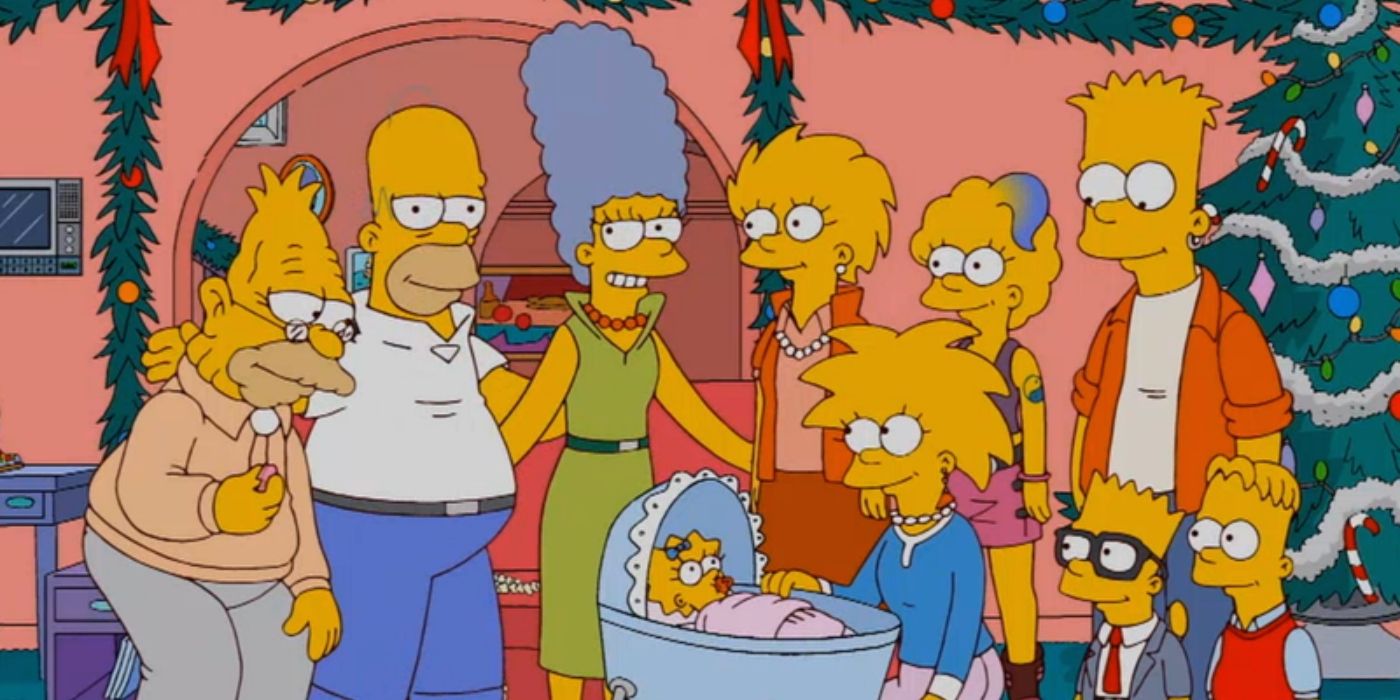
Initially conceived as a possible series finale for The Simpsons, season 23’s “Holidays of Future Passed” isn’t just the series’ best future-set episode, but an all-around triumph that easily contends with their golden years' offerings. The holiday installment jumps forward multiple decades to a point where Bart and Lisa are both parents and Maggie is pregnant.
It’s a surprisingly poignant endeavor where Bart and Lisa speak earnestly on the difficulties of parenting and Homer gets to properly reflect on his family’s legacy. The worst thing about it is that now it can’t be the actual series finale.
9 “Gone Boy” Digs Deep Into The Emotional Relationship Between Bart & Sideshow Bob
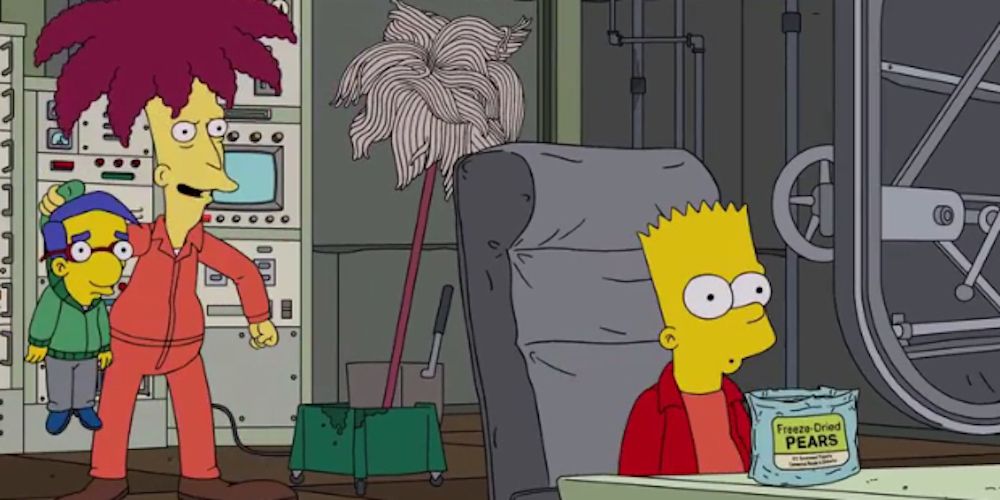
The Simpsons has a wide list of recurring guest characters, but Kelsey Grammer’s Sideshow Bob is easily one of the most popular. Sideshow Bob has headlined over a dozen episodes in his many efforts to murder Bart.
The Simpsons has been able to dig deep into Bob’s life and season 29’s “Gone Boy” doesn’t just give a fascinating look into his psychology, but also his relationship with Bart. When Bart disappears and is presumed dead, Sideshow Bob leads the charge to find him and refuses to believe this because he’s the only one that can be responsible for Bart’s demise.
8 “Halloween of Horror” Breaks Tradition & Finds Spooky Success
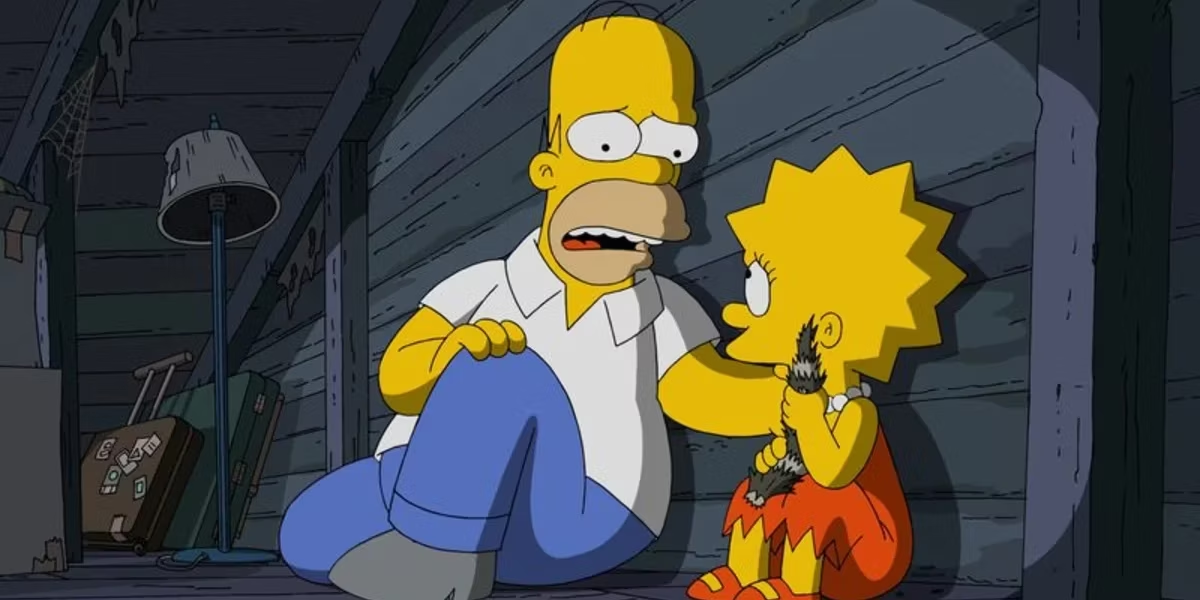
One of the earliest traditions in The Simpsons is the yearly “Treehouse of Horror” anthology installments that punctuate each Halloween season. It takes The Simpsons 27 seasons to finally do something different with the spooky holiday and “Halloween of Horror” is a fun change of pace, but also just a generally strong episode of the series.
Homer’s unintentional negligence sets a bunch of Halloween store employees out to get him, which results in a tense home invasion that pits Homer and Lisa together. It’s an episode that’s scary, funny, but also quite sweet.
7 “22 For 30” Experiments With Form & Scores A Slam Dunk
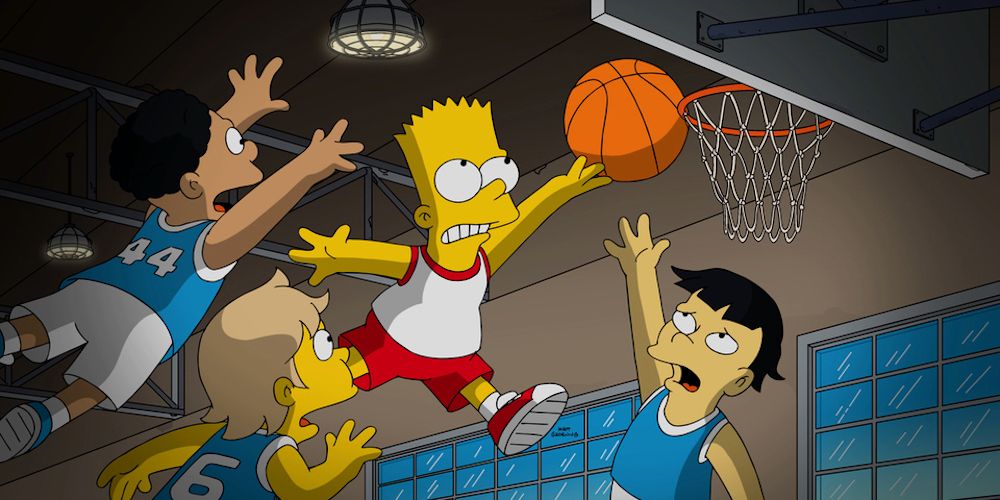
Sometimes the key to the perfect Simpsons episode is a solid framework that the series can easily transpose its characters into. Season 28's "22 For 30" is set up like a sports documentary that resembles ESPN's 30 For 30 series.
The episode beautifully lampoons the style of the docu-series, but "22 For 30" is still a triumph even without any existing basketball or documentary knowledge. The episode's format allows the jokes to hit often and hard. It's just a lot of fun and proof of life and passion in later seasons.
6 “24 Minutes” Is An Unexpected Real-Time Crossover With Another FOX Hit
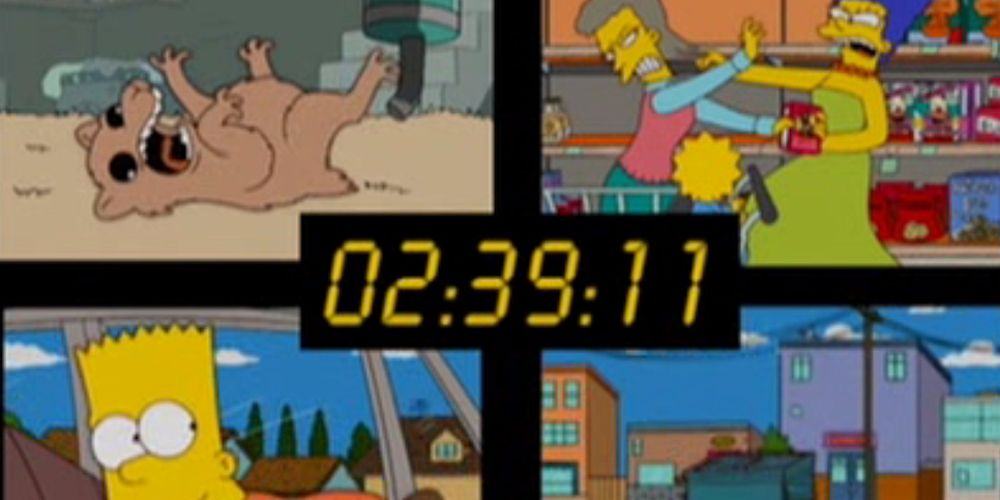
Television loves a crossover and they’re a solid way to bring in new viewers. The success and longevity of The Simpsons has led to crossover with series like The Critic, Futurama, and Family Guy. However, the strangest example of this is season 18’s “24 Minutes,” which is a crossover with FOX’s juggernaut action series, 24.
“24 Minutes” transforms Kiefer Sutherland’s CTU alter ego, Jack Bauer, into an animated version of himself and tells a busy, tightly plotted episode that plays out in real time. It’s a decent example of the series’ attempt to do something more ambitious with structure.
5 “Barthood” Is A Thorough Tribute To The Simpson Son
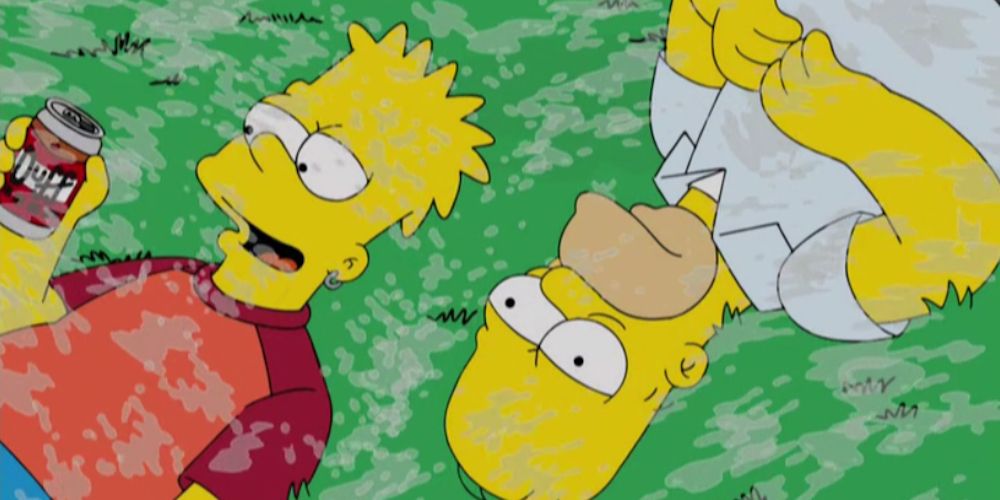
Richard Linklater’s wildly ambitious Boyhood is one of cinema’s bigger risks and often The Simpsons will pay homage to some of the bigger pop culture events to come out of film and television. Season 27’s “Barthood” is a direct spoof of Linklater’s movie that depicts decades of Bart’s life with a surprising level of clarity.
This premise could be reduced to cheap laughs, but “Barthood” focuses on the character dynamics and how Bart’s relationship with the important people in his family shifts throughout his life. It turns into one of the series’ more thoughtful and touching entries.
4 “Woo-Hoo Dunnit?” Is A Brilliant Self-Aware Look At The True Crime Doc Genre
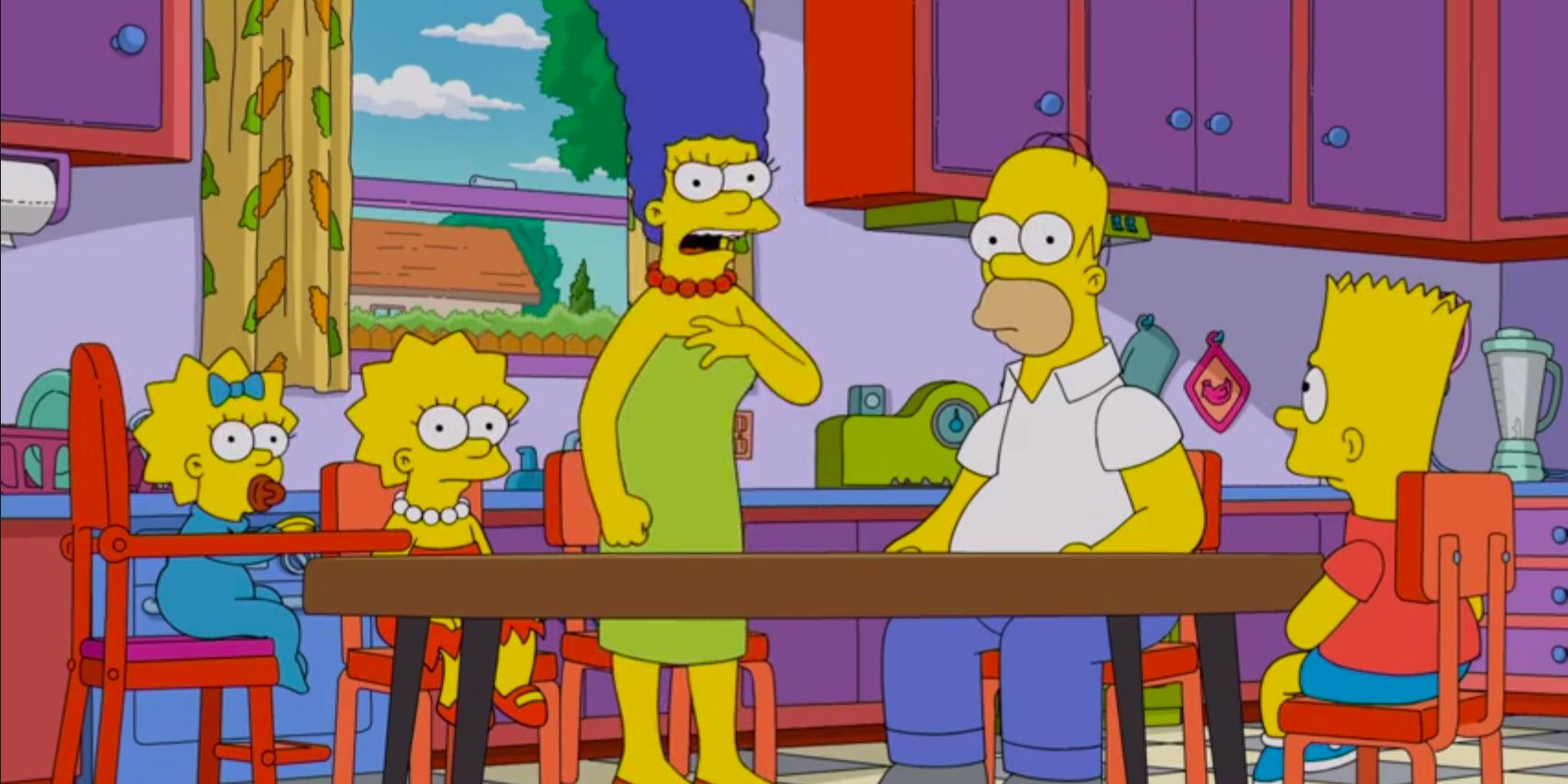
One of the perks of The Simpsons’ lengthy life is that it’s able to explore the many different trends that consume audiences through the years. The public’s recent fascination with true crime is still in swing and “Woo-Hoo Dunnit?” is The Simpsons’ attempt to explore this territory.
Presented as a documentary to figure out which family member is responsible for the theft of Lisa’s college fund money, the episode lifts from many of the most popular true-crime docs. “Woo-Hoo Dunnit?” is an extremely funny episode out of season 30 and the truth behind the crime is legitimately satisfying.
3 “Brick Like Me” Has Fun With Lego & Makes It Matter
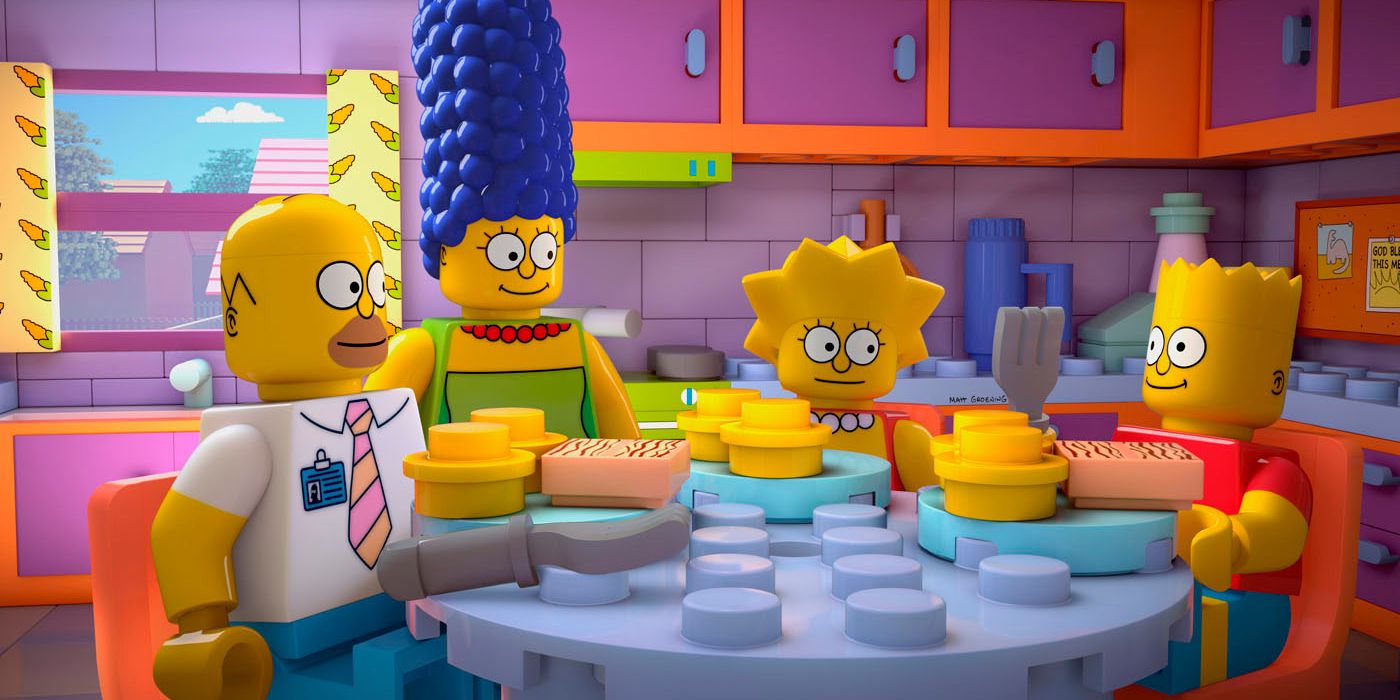
The Simpsons has played around with form on a number of occasions and they're also no strangers to celebrating big episodes in memorable ways. "Brick Like Me" commemorates 550 episodes of The Simpsons and the season 25 episode has Homer wake up in a very different version of Springfield where he and everything else is made up of Lego.
"Brick Like Me" looks great and is far from just a gimmick. There's actually a really strong message at the core of this entry that's only weakened by the fact that it steps on the toes of The Lego Movie's themes.
2 “Clown In The Dumps” Is A Somber Father & Son Story

The Simpsons often uses Krusty the Clown as its conduit to satirize the entertainment industry and the character has retired and reinvented himself many times over the course of the series. Season 26’s “Clown in the Dumps” is a much more somber and emotional version of this story where Krusty’s father passes away before he ever shows any kind of approval of his son’s career in entertainment.
Krusty enters an existential crisis and struggles with never connecting with his father in this manner and what that exactly means to him. It’s a beautiful episode about art and acceptance.
1 “Eternal Moonshine Of The Simpson Mind” Is One Of The Prototypical Homer Episodes

Homer’s many faults and sloven nature are baked into his character, but that doesn’t mean that he’s unrepentant and some of the best The Simpsons episodes are when Homer’s behavior is put under scrutiny.
Season 19’s “Eternal Moonshine of the Simpson Mind” presents Homer with a minor case of amnesia that causes him to dig back into his existence and examine his actions with his family and how he’s reached this point in life. Not only is this late Simpsons episode the winner of an Emmy, but it’s also one of Al Jean’s favorites and a fundamental Homer entry.
0 Comments